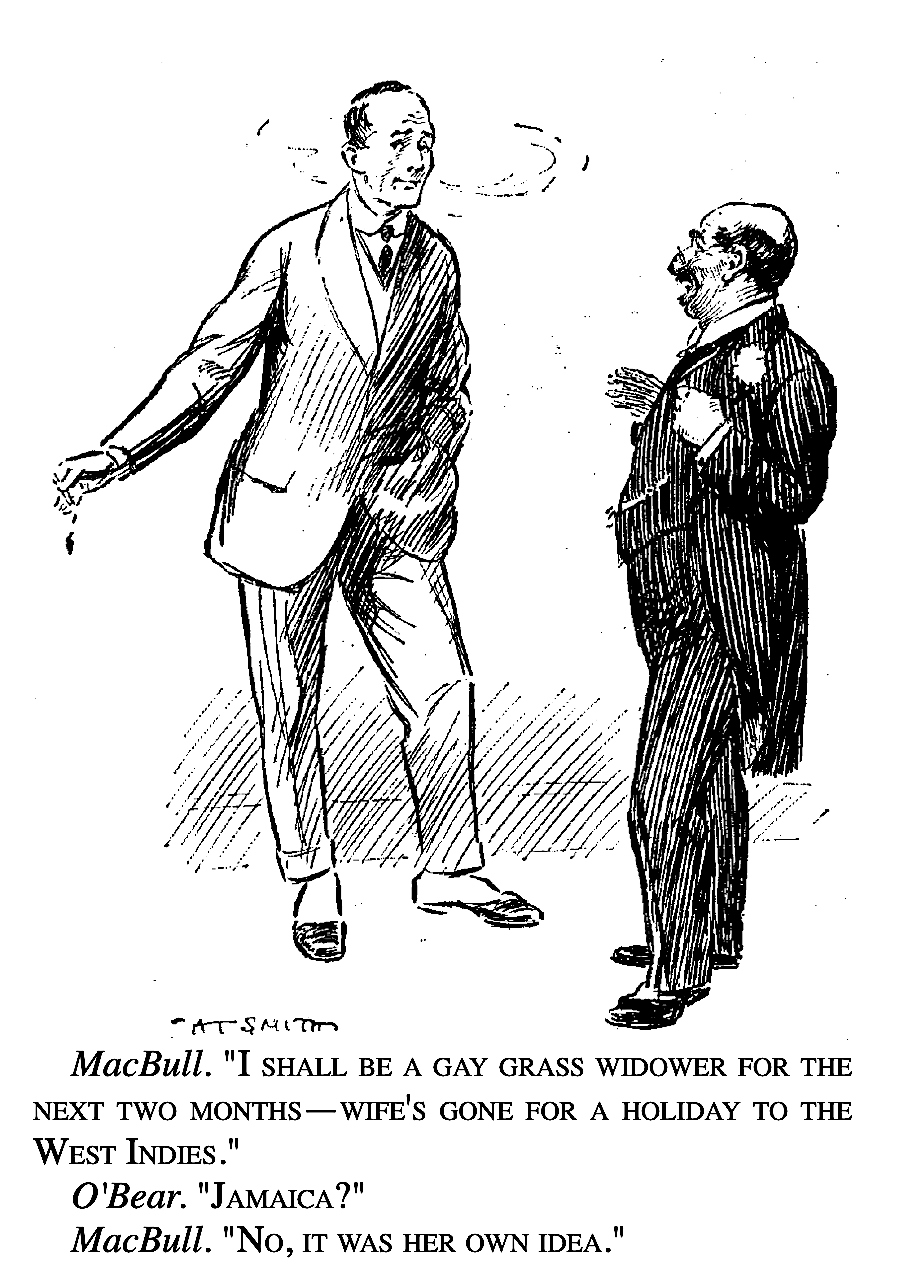|
John T. Hamilton
John T. Hamilton (born March 1, 1963, Bronx, NY) is a literary scholar, musician, and William R. Kenan Professor of German and Comparative Literature at Harvard University. He previously held positions at the University of California-Santa Cruz (in Classics) and New York University (Comparative Literature and German), and has also taught as a visiting professor at the Institute of Greece, Rome, and the Classical Tradition at Bristol University. Numerous academic fellowships include the Wissenschaftskolleg zu Berlin, the ETH-Zürich, the Zentrum für Literatur- und Kulturforschung Berlin, and the Hamburg Institute for Advanced Study. Hamilton received his doctorate in Comparative Literature at New York University in 1999 under the directorship of Richard Sieburth. Primary teaching and research topics include 18th- and 19th-century Literature, Classical Philology and Reception History, Music and Literature, Literary Theory and Political Metaphorology. From 1985 to 1996 Hamilton ... [...More Info...] [...Related Items...] OR: [Wikipedia] [Google] [Baidu] |
Bronx, New York
The Bronx ( ) is the northernmost of the five Boroughs of New York City, boroughs of New York City, coextensive with Bronx County, in the U.S. state of New York (state), New York. It shares a land border with Westchester County, New York, Westchester County to its north; to its south and west, the New York City borough of Manhattan is across the Harlem River; and to its south and east is the borough of Queens, across the East River. The Bronx, the only New York City borough not primarily located on an island, has a land area of and a population of 1,472,654 at the 2020 United States census, 2020 census. It has the fourth-largest area, fourth-highest population, and third-highest population density of the boroughs.New York State Department of Health''Population, Land Area, and Population Density by County, New York State – 2010'' retrieved on August 8, 2015. The Bronx is divided by the Bronx River into a hillier section in the West Bronx, west, and a flatter East Bronx, easte ... [...More Info...] [...Related Items...] OR: [Wikipedia] [Google] [Baidu] |
University Of California-Santa Cruz
The University of California, Santa Cruz (UC Santa Cruz or UCSC) is a public university, public Land-grant university, land-grant research university in Santa Cruz, California, United States. It is one of the ten campuses in the University of California system. Located in Monterey Bay, on the edge of the coastal community of Santa Cruz, the main campus lies on of rolling, forested hills overlooking the Pacific Ocean. As of Fall 2024, its ten residential colleges enroll some 17,940 undergraduate and 1,998 graduate students. Satellite facilities in other Santa Cruz locations include the Coastal Science Campus and the Westside Research Park and the Silicon Valley Center in Santa Clara, California, Santa Clara, along with administrative control of the Lick Observatory near San Jose, California, San Jose in the Diablo Range and the W. M. Keck Observatory, Keck Observatory near the summit of Mauna Kea in Hawaii. Founded in 1965, UC Santa Cruz uses a residential college system consist ... [...More Info...] [...Related Items...] OR: [Wikipedia] [Google] [Baidu] |
Paronomasia
A pun, also known as a paronomasia in the context of linguistics, is a form of word play that exploits multiple meanings of a term, or of similar-sounding words, for an intended humorous or rhetorical effect. These ambiguities can arise from the intentional use of homophonic, homographic, metonymic, or figurative language. A pun differs from a malapropism in that a malapropism is an incorrect variation on a correct expression, while a pun involves expressions with multiple (correct or fairly reasonable) interpretations. Puns may be regarded as in-jokes or idiomatic constructions, especially as their usage and meaning are usually specific to a particular language or its culture. Puns have a long history in writing. For example, the Roman playwright Plautus was famous for his puns and word games. Types of puns Homophonic A homophonic pun is one that uses word pairs which sound alike (homophones) but are not synonymous. Walter Redfern summarized this type with his statement, ... [...More Info...] [...Related Items...] OR: [Wikipedia] [Google] [Baidu] |
Carl Schmitt
Carl Schmitt (11 July 1888 – 7 April 1985) was a German jurist, author, and political theorist. Schmitt wrote extensively about the effective wielding of political power. An authoritarian conservative theorist, he was noted as a critic of parliamentary democracy, liberalism, and cosmopolitanism. His works covered political theory, legal theory, continental philosophy, and political theology. However, they are controversial, mainly due to his intellectual support for, and active involvement with, Nazism. In 1933, Schmitt joined the Nazi Party and utilized his legal and political theories to provide ideological justification for the regime. However, he later lost favour among senior Nazi officials and was ultimately removed from his official positions within the party. The ''Stanford Encyclopedia of Philosophy'' writes that "Schmitt was an acute observer and analyst of the weaknesses of liberal constitutionalism and liberal cosmopolitanism. But there can be little doubt ... [...More Info...] [...Related Items...] OR: [Wikipedia] [Google] [Baidu] |
Heidegger
Martin Heidegger (; 26 September 1889 – 26 May 1976) was a German philosopher known for contributions to phenomenology, hermeneutics, and existentialism. His work covers a range of topics including metaphysics, art, and language. In April 1933, Heidegger was elected as rector at the University of Freiburg and has been widely criticized for his membership and support for the Nazi Party during his tenure. After World War II he was dismissed from Freiburg and banned from teaching after denazification hearings at Freiburg. There has been controversy about the relationship between his philosophy and Nazism. In Heidegger's first major text, ''Being and Time'' (1927), '' Dasein'' is introduced as a term for the type of being that humans possess. Heidegger believed that Dasein already has a "pre-ontological" and concrete understanding that shapes how it lives, which he analyzed in terms of the unitary structure of "being-in-the-world". Heidegger used this analysis to approach th ... [...More Info...] [...Related Items...] OR: [Wikipedia] [Google] [Baidu] |
Friedrich Nietzsche
Friedrich Wilhelm Nietzsche (15 October 1844 – 25 August 1900) was a German philosopher. He began his career as a classical philology, classical philologist, turning to philosophy early in his academic career. In 1869, aged 24, Nietzsche became the youngest professor to hold the Chair of Classical Philology at the University of Basel. Plagued by health problems for most of his life, he resigned from the university in 1879, and in the following decade he completed much of his core writing. In 1889, aged 44, he suffered a collapse and thereafter a complete loss of his mental faculties, with paralysis and vascular dementia. He lived his remaining years under the care of his family until his death. Friedrich Nietzsche bibliography, His works and Philosophy of Friedrich Nietzsche, his philosophy have fostered not only extensive scholarship but also much popular interest. Nietzsche's work encompasses philosophical polemics, poetry, cultural criticism and fiction, while displaying ... [...More Info...] [...Related Items...] OR: [Wikipedia] [Google] [Baidu] |
Immanuel Kant
Immanuel Kant (born Emanuel Kant; 22 April 1724 – 12 February 1804) was a German Philosophy, philosopher and one of the central Age of Enlightenment, Enlightenment thinkers. Born in Königsberg, Kant's comprehensive and systematic works in epistemology, metaphysics, ethics, and aesthetics have made him one of the most influential and highly discussed figures in modern Western philosophy. In his doctrine of transcendental idealism, Kant argued that space and time are mere "forms of intuition" that structure all experience and that the objects of experience are mere "appearances". The nature of things as they are in themselves is unknowable to us. Nonetheless, in an attempt to counter the philosophical doctrine of Philosophical skepticism, skepticism, he wrote the ''Critique of Pure Reason'' (1781/1787), his best-known work. Kant drew a parallel to the Copernican Revolution#Immanuel Kant, Copernican Revolution in his proposal to think of the objects of experience as confo ... [...More Info...] [...Related Items...] OR: [Wikipedia] [Google] [Baidu] |
Thomas Hobbes
Thomas Hobbes ( ; 5 April 1588 – 4 December 1679) was an English philosopher, best known for his 1651 book ''Leviathan (Hobbes book), Leviathan'', in which he expounds an influential formulation of social contract theory. He is considered to be one of the founders of modern political philosophy. In his early life, overshadowed by his father's departure following a fight, he was taken under the care of his wealthy uncle. Hobbes's academic journey began in Malmesbury#Westport St Mary, Westport, leading him to the University of Oxford, where he was exposed to classical literature and mathematics. He then graduated from the University of Cambridge in 1608. He became a tutor to the Cavendish family, which connected him to intellectual circles and initiated his extensive travels across Europe. These experiences, including meetings with figures like Galileo, shaped his intellectual development. After returning to England from France in 1637, Hobbes witnessed the destruction and br ... [...More Info...] [...Related Items...] OR: [Wikipedia] [Google] [Baidu] |
Martin Luther
Martin Luther ( ; ; 10 November 1483 – 18 February 1546) was a German priest, Theology, theologian, author, hymnwriter, professor, and former Order of Saint Augustine, Augustinian friar. Luther was the seminal figure of the Reformation, Protestant Reformation, and his theological beliefs form the basis of Lutheranism. He is widely regarded as one of the most influential figures in Western world, Western and History of Christianity, Christian history. Born in Eisleben, Luther was ordained to the Priesthood in the Catholic Church, priesthood in 1507. He came to reject several teachings and practices of the contemporary Catholic Church, Roman Catholic Church, in particular the view on indulgences and papal authority. Luther initiated an international debate on these in works like his ''Ninety-five Theses'', which he authored in 1517. In 1520, Pope Leo X demanded that Luther renounce all of his writings, and when Luther refused to do so, Excommunication in the Catholic Church, ... [...More Info...] [...Related Items...] OR: [Wikipedia] [Google] [Baidu] |
Augustine Of Hippo
Augustine of Hippo ( , ; ; 13 November 354 – 28 August 430) was a theologian and philosopher of Berber origin and the bishop of Hippo Regius in Numidia, Roman North Africa. His writings deeply influenced the development of Western philosophy and Western Christianity, and he is viewed as one of the most important Church Fathers of the Latin Church in the Patristic Period. His many important works include '' The City of God'', '' On Christian Doctrine'', and '' Confessions''. According to his contemporary, Jerome of Stridon, Augustine "established anew the ancient Faith". In his youth he was drawn to the Manichaean faith, and later to the Hellenistic philosophy of Neoplatonism. After his conversion to Christianity and baptism in 386, Augustine developed his own approach to philosophy and theology, accommodating a variety of methods and perspectives. Believing the grace of Christ was indispensable to human freedom, he helped formulate the doctrine of original sin and m ... [...More Info...] [...Related Items...] OR: [Wikipedia] [Google] [Baidu] |
Pindar
Pindar (; ; ; ) was an Greek lyric, Ancient Greek lyric poet from Thebes, Greece, Thebes. Of the Western canon, canonical nine lyric poets of ancient Greece, his work is the best preserved. Quintilian wrote, "Of the nine lyric poets, Pindar is by far the greatest, in virtue of his inspired magnificence, the beauty of his thoughts and figures, the rich exuberance of his language and matter, and his rolling flood of eloquence, characteristics which, as Horace rightly held, make him inimitable." His poems can also, however, seem difficult and even peculiar. The Athenian comic playwright Eupolis once remarked that they "are already reduced to silence by the disinclination of the multitude for elegant learning". Some scholars in the modern age also found his poetry perplexing, at least until the 1896 discovery of some poems by his rival Bacchylides; comparisons of their work showed that many of Pindar's idiosyncrasies are typical of archaic genres rather than of only the poet himsel ... [...More Info...] [...Related Items...] OR: [Wikipedia] [Google] [Baidu] |









